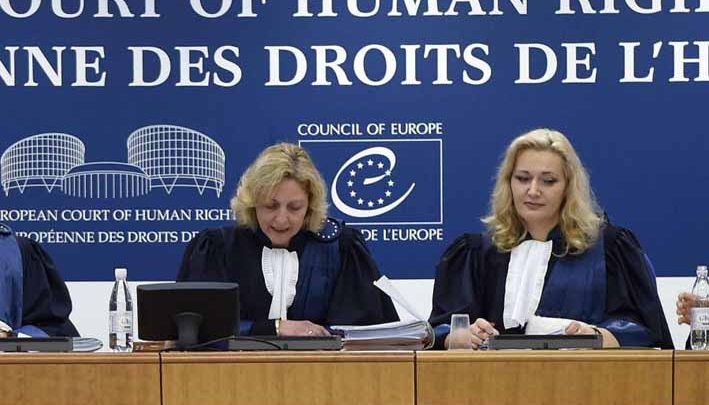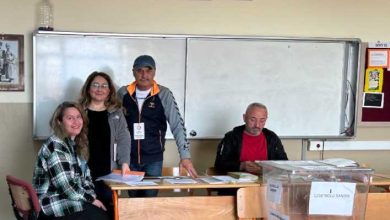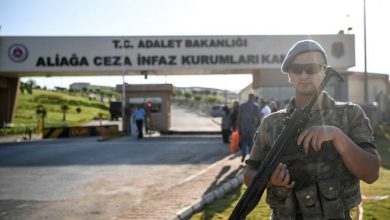ECHR fines Moldova for expelling Turkish teachers at Ankara’s request
The European Court of Human Rights confirms that Moldova violated the rights of kidnapped teachers

Having considered the lawsuit of five people who were arrested in Moldova on suspicion of «involvement in so-called Terrorist Organization of Fethullah Gülen» (FETÖ), the European Court of Human Rights (ECHR) determined their extradition to Turkey, claimed to be a part of joint operation of local bureau of investigation and National Intelligence Organization of Turkey, as a violation of human rights.
In accordance with the decision of ECHR, the Republic of Moldova was recognized as an infringer of human rights in appliance with the first paragraph of Article 5 («Upon the Right to Liberty and Security of a Person») and Article 8 («Upon the Right to Respect for Private and Family Life») of the European Convention on Human Rights. At the same time, the claim of victims for violation of Article 6 («Upon the Right to Fair Trial») of the above-mentioned document was rejected.
According to ECHR’s decision, Moldova is obliged to pay a 25-thousand -euros compensation to each plaintiff.
Upon the reasoned verdict of the European Court of Human Rights
The decision of ECHR states that the plaintiffs appealed to the relevant Moldovan authorities with a request to grant them political asylum because of their fear to be unfairly judged in case of extradition to Turkey. In response to it, the Moldovan side did not give them a right to choose the justice system, according to which they were to be extradited from the country; moreover, it deliberately transferred them to the authorized representatives of Turkish intelligence service.
The ECHR interpreted the fact that Moldovan Bureau for Migration and Refugees reported on the decision to deport the plaintiffs from the country not to the applicants themselves, but to their relatives, but on the fact of extradition as a violation. Moreover, their relatives found it out only after the extradition was performed.
The decision of ECHR also states that the extradition of the plaintiffs to Turkey on a private jet was a pre-planned operation prepared and carried out by Moldova in collaboration with Turkish bureau of investigation. In addition, the decision affirms that the way the extradition was carried out is illegal, therefore it should also be considered as a violation.
The document clearly testifies the fact that the plaintiffs who filed a complaint managed to integrate into Moldovan society. It also interprets the radical form in which these people, who already have their own families, were expelled from the state as an invasion into their privacy and family life both of which are to be protected in accordance with the principles of the European Convention on Human Rights.
Upon the complaint sent to ECHR
After the unsuccessful attempt of committing a sort of coup d’état in Turkey on July 15, 2016, the ambassador of this country in Moldova filed a lawsuit against teachers of the local network of «Orizont» schools, accusing them of involvement in the so-called Terrorist organization of Fethullah Gülen and participation in that coupʼs preparation. As a result of this complaint, seven Turkish citizens along with Yasin Özdil, Müjdat Çelebi, Rıza Doğan, Sedat Hasan Karacaoğlu and Mehmet Feridun Tüfekçi were extradited to Turkey in March 2018.
«The threat to national security» as an argument for extradition
Despite the fact that official Moldova rejected the complainantsʼ request for refugee status, they were declared to be «people threatening national security» even before extradition.
Complaining that they were illegally arrested in Moldova for their political views, the plaintiffs also stated that they could not properly appeal to this decision, announced to their relatives after extradition. In addition, they appealed to the court against Moldova claiming it has violated Article 5 («Upon the Right to Liberty and Security of a Person»), Article 6 («Upon the Right to Fair Trial») and Article 8 («Upon the Right to Respect for Private and Family Life») of the European Convention on Human Rights.
According to the representatives of ECHR, the plaintiffs are currently residing in Turkey where they were previously arrested.




